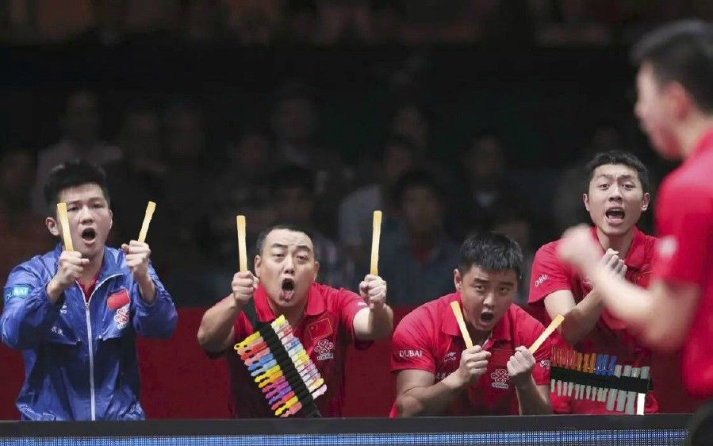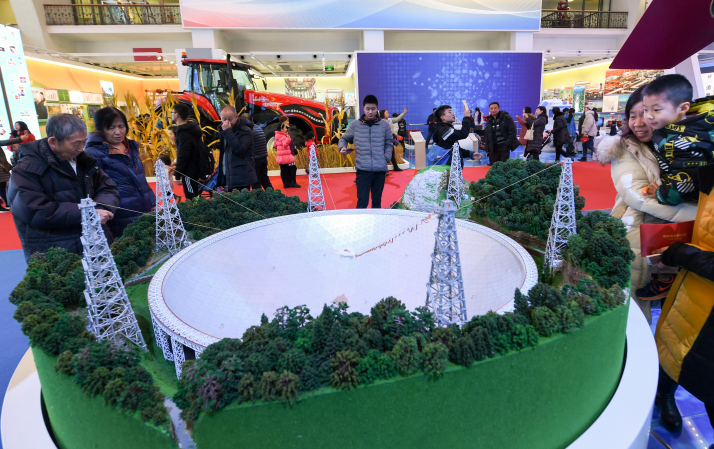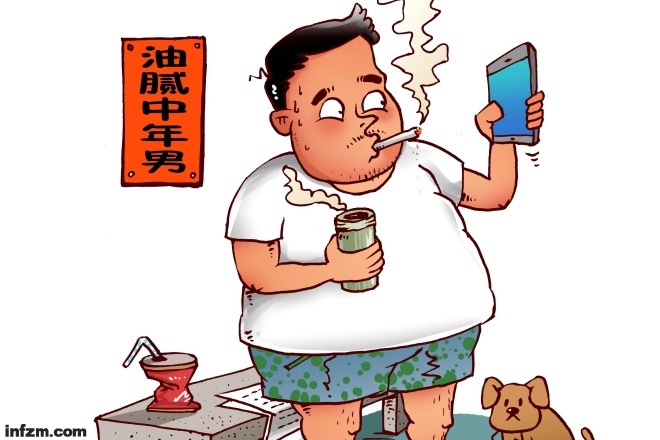|
||||||||||
| Home Nation World Business Opinion Lifestyle ChinAfrica Multimedia Columnists Documents Special Reports |
|
||||||||||
| Home Nation World Business Opinion Lifestyle ChinAfrica Multimedia Columnists Documents Special Reports |
| Lifestyle |
| 2017 Buzzwords |
| These words are defining new ideas and concepts, catchy, humorous or fashionable, and have enriched contemporary Chinese with their inclusion |
| By Xia Yuanyuan ·2018-01-30 |
Every year, a number of new words and phrases from the Internet make it to the Chinese vocabulary. On December 12, 2017, Yaowenjiaozi, a monthly Chinese linguistic journal, released its list of buzzwords for 2017. Buzzwords were collected each month from Chinese social media such as Weibo, WeChat and blogs and solicited extensively from Internet users. "Popularity," "innovation" and "politeness" are the major three factors taken into consideration in selection, according to Huang Anjing, Editor in Chief of the magazine. The popular buzzwords and phrases below reveal the essence of Chinese Internet users' wisdom, while their humorous style and up-to-date content enable them to become some of the best representations of China's cyber community in 2017.
Da Call

Da means beat in Chinese. Originally derived from Japanese, the phrase "beat a call" refers to a cheering dance performed by "otaku," or people obsessed with pop culture. Featuring enthusiastic jumping, clapping and glow stick waving, the phrase was used by Chinese netizens to cheer for someone, and show approval and support for people, things or events. In October, 2017, Xinhua News Agency published an article regarding the 19th National Congress of the Communist Party of China, in which it called for the public to "beat a call" for Xi Jinping Thought on Socialism with Chinese Characteristics for a New Era.
Sheer Endeavor

In September 2017, the exhibition, Five Years of Sheer Endeavor, was displayed in Beijing, which exhibited Chinese achievements from the past five years. Technological innovations with Chinese independent intellectual property rights such as models of Jiaolong deep-sea manned submersible, interactive robots, Chang'e 3 lunar probe, the 500-meter Aperture Spherical Radio Telescope and Fuxing high-speed train were all highlights. After the exhibition, sheer endeavor became a popular term in the media. CA
Youni

Youni literally means "greasy or oily." Chinese netizens now use the word to describe middle-aged men who are rude, sloppy and out of shape. The word first appeared on Chinese social media platforms in October 2017 when Feng Tang, a famous Chinese writer, published an article on how to avoid becoming an oily middle-aged man.
In the article, Feng did a summary on characteristics of youni, including overweight, a bulging paunch, wearing strings of Buddhist rosary beads and gold neck chains, always holding a thermos of hot water with red dates and goji berries, always preaching to the younger generation and failing to maintain personal hygiene.
While the term originated as a humorous insult, it has grown a life of its own and evolved into general use.
Remain True to Our Original Aspiration
On October 18, the 19th CPC National Congress opened in Beijing. "Remain true to our original aspiration and keep our mission firmly in mind" are the keywords of this congress. "The original aspiration and the mission of Chinese Communists are to seek happiness for the Chinese people and rejuvenation for the Chinese nation," said Xi Jinping, General Secretary of the CPC Central Committee.
The words became popular among Chinese soon after the congress and were cited in different sectors. The phrase is used to encourage people to keep his or her original mission and dream firmly in mind and carry on until success.
Dui
Dui in Chinese means argue with somebody or pick on somebody. The word gained popularity in a Chinese reality show A Real Man when a guest was criticized by his training instructor, which is a vivid example of how to dui people. It was originally a pet phrase of people in northeast China, but after gaining popularity on social media, netizens use it to mean bash or slam somebody. There is also hu dui which means clash with each other.
Ga Liao
Ga liao means "awkward or embarrassed chat." It refers to inevitable chats with boring people. It is used when the person you are talking with lacks good communication skills, or when your mind wanders off, and the talk comes to a dead end.
Some linguists suggest that the phrase may have a relation with typical Chinese temperament of refraining from criticizing or directly embarrassing others, as abrupt interruption or refusal to talk would be considered impolite in the Chinese cultural context.
Now, "ga" is widely used as an adjective. Except ga liao, there are ga chang, awkward sing, and ga wu, awkward dance, etc. to describe different kinds of embarrassing situations
Shared Economy

The shared economy took off in 2017. The bike-sharing industry has brought many lifestyle changes in China. Also importantly, the business has inspired entrepreneurs in other industries. Homes, cars, mobile chargers, everyday clothing, basketballs and umbrellas - are all available in China's shared economy.
According to a report jointly released by the State Information Center and the Internet Society of China, the country's shared economy transactions were worth about 3.45 trillion yuan ($510 billion) in 2016. And it is expected to grow to more than 10 percent of China's GDP by 2020. The popularity of "shared economy" displays the imagination and creativity of Chinese society and also shows the great changes in social governance and interpersonal relations.
|
||||
| About Us | Contact Us | Advertise with Us | Subscribe |
| Copyright Beijing Review All rights reserved 京ICP备08005356号-5 京公网安备110102005860号 |